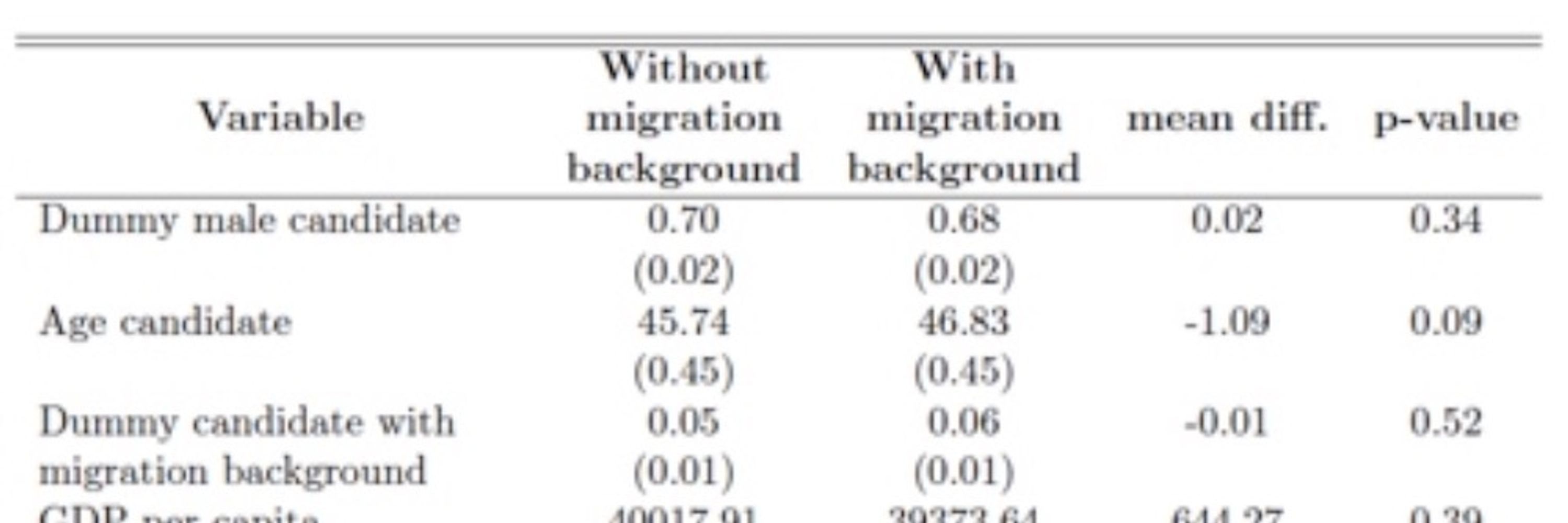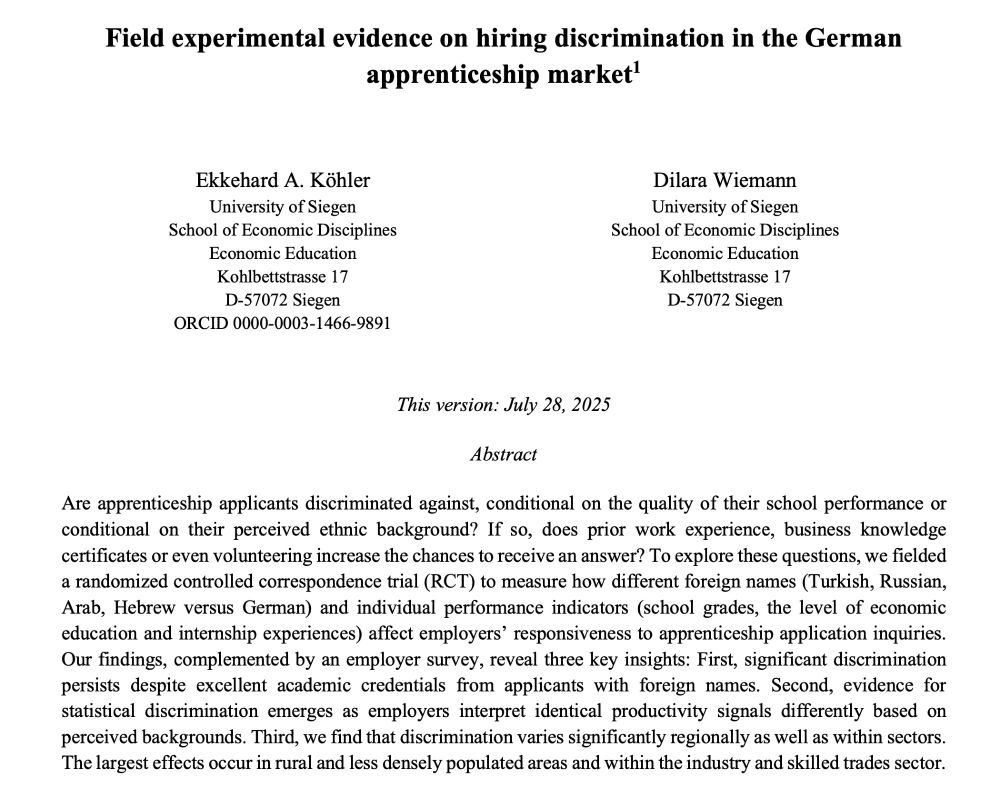









Why are these findings relevant? Because we...(3/5)

Why are these findings relevant? Because we...(3/5)



Spoiler: We find that most measures designed to strengthen the existing Maastricht 1.0 framework...

Spoiler: We find that most measures designed to strengthen the existing Maastricht 1.0 framework...

